Full Stack Web Development with Angular and Node.js
Welcome to the Full Stack Web Development with Angular and Node.js course! Angular, a robust JavaScript framework, is your gateway to creating dynamic and feature-rich front-end applications. Paired with Node.js for backend development, you'll be equipped to build scalable, real-time web applications. Throughout this course, you'll explore everything from creating responsive user interfaces to developing APIs and server-side applications. Join us on this journey to become a skilled full-stack web developer with a focus on Angular and Node.js.
Description
This comprehensive course is designed to equip students with the skills and knowledge
necessary for Full Stack Web Development using Angular for the frontend and Node.js
for the backend. Participants will delve into the fundamentals of web development, learn
to create dynamic and responsive user interfaces, build robust server-side applications,
and integrate the two seamlessly. Through hands-on projects and practical exercises,
students will gain real-world experience and develop a solid foundation for building
modern web applications.
1. Introduction to Node.js
2. Basics of JavaScript
3. Asynchronous Programming
4. Node.js Core Modules
5. Express.js Framework
6. Working with Data
7. Authentication and Security
8. Advanced Topics
9. Testing and Deployment
10. Tools and Best Practices
Reviews
Frequently Asked Questions.
Full Stack Development involves handling both the front-end (user interface) and back-end (server-side logic) of a web application.
Angular is a popular open-source framework for building dynamic single-page web applications (SPAs) using TypeScript, a superset of JavaScript.
Node.js is an open-source JavaScript runtime environment that allows developers to run JavaScript code outside of a web browser, enabling them to build scalable server-side applications.
This combination allows developers to use a single language (JavaScript) for both front-end and back-end development, streamlining development processes and potentially reducing complexity.
- Efficiency: Shared codebase and skillset across front-end and back-end.
- Scalability: Both Angular and Node.js can handle large applications with high traffic.
- Large community: Both technologies have extensive communities for support and learning.
- Real-time features: Node.js is well-suited for building real-time web applications.
- Complexity: Learning both Angular and Node.js requires dedication.
- Debugging: Debugging issues across front-end and back-end can be trickier.
- Performance optimization: Optimizing both sides for optimal performance can require additional effort.
- To-do list application: A simple project to practice building user interfaces and data management with a server.
- Real-time chat application: Experiment with Node.js's real-time capabilities for interactive communication.
- E-commerce website (basic): Practice building a dynamic shopping experience with product listings and user interactions.
- Web developer positions focusing on building dynamic and interactive web applications.
- Back-end developer roles with a focus on building scalable and performant servers.
- Full-stack developer positions requiring expertise in both front-end and back-end development.
They communicate through APIs (Application Programming Interfaces). The Node.js server exposes APIs that Angular can call to fetch data, perform actions, or update information.
Testing is essential. Here are some approaches:
- Unit testing: Test individual components of your application in isolation.
- Integration testing: Test how different parts of your application (front-end and back-end) interact.
- End-to-end testing: Simulate user interactions and test overall application functionality.


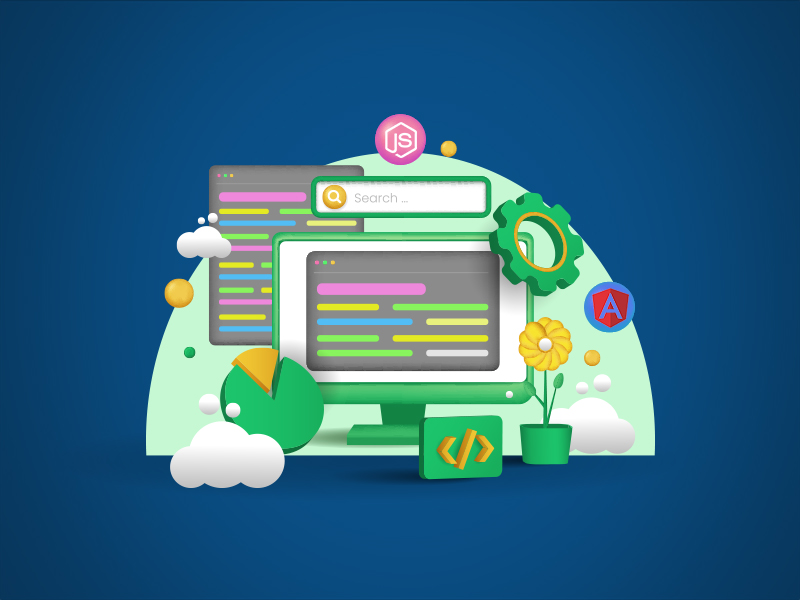
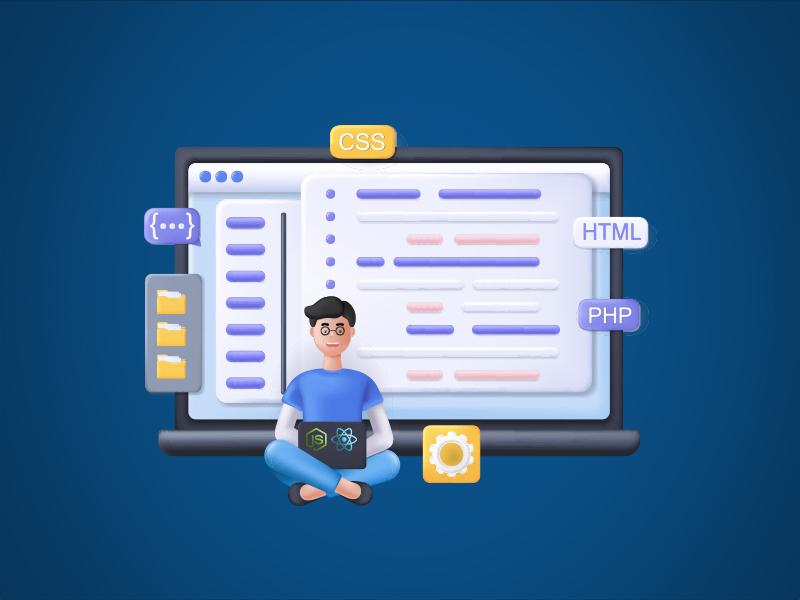
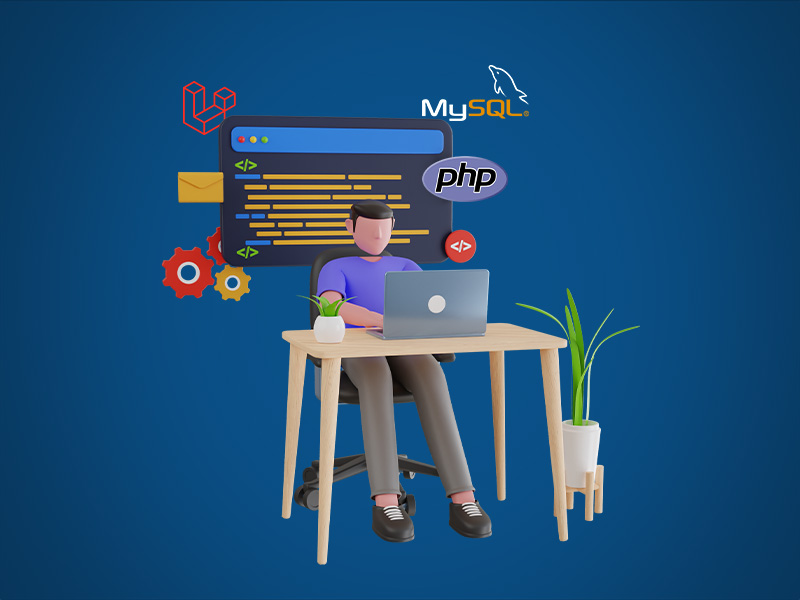
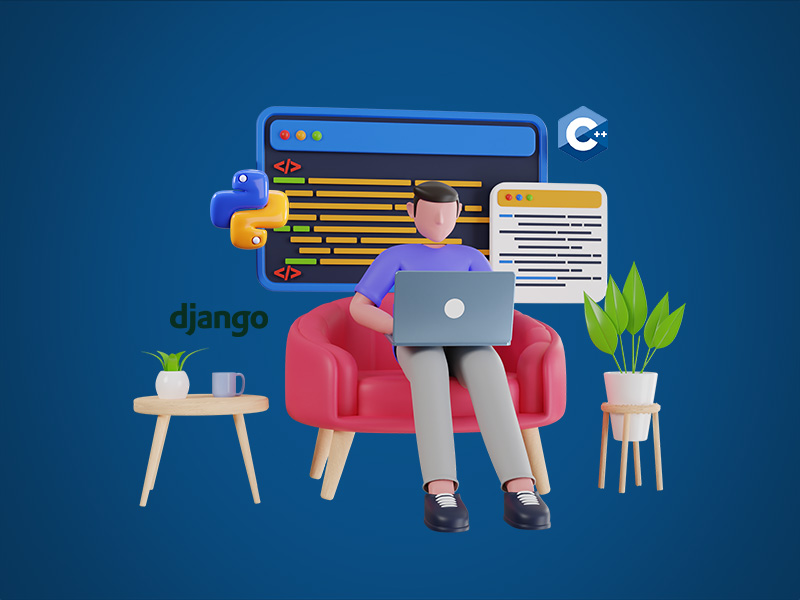
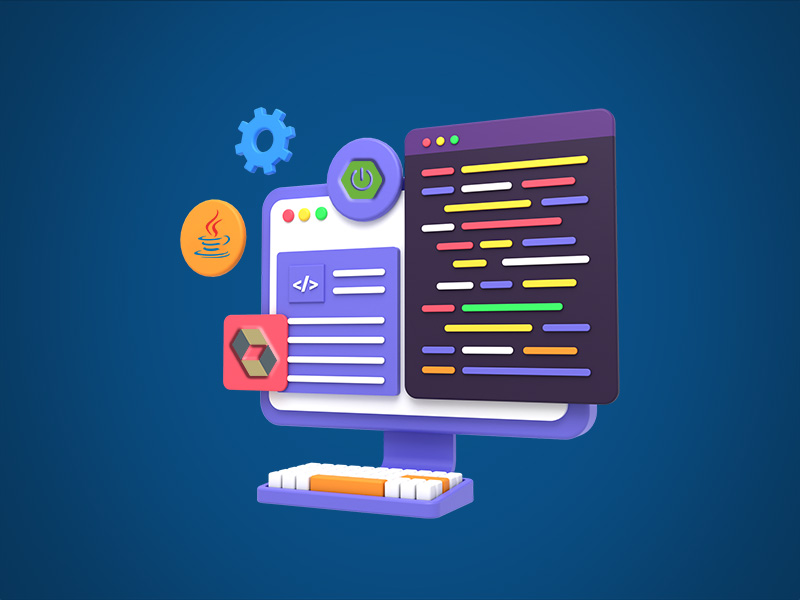
Krishan 33 Days ago
Full Stack Web Development with Angular and Node.js
In-depth! Amazing! Affordable! I’m amazed by the richness of information in this course. The reason I’m saying this is because I’ve enrolled for the same course on other platforms too, so I know what to expect and what not to.
Ram Ji 31 Days ago
Full Stack Web Development with Angular and Node.js
What can I say about Potenza! These people just get it right (I am not sure how). The courses are not too lengthy and the information covered is very strategic and comprehensive. Though I’m yet to complete this course, but this is my 4th course that I’m doing from Potenza! Will be coming back for more.
Jony 25 Days ago
Full Stack Web Development with Angular and Node.js
I’ve been associated with Potenza as a student for a long time now. When it comes to simplifying a concept and delivering it to the students - the faculty does an amazing job . Totally worth the money and the time.
Ashok Kumar S/O 24 Days ago
Full Stack Web Development with Angular and Node.js
Potenza courses never let me down, and not even this time. Really proud to witness how far this platform has come.